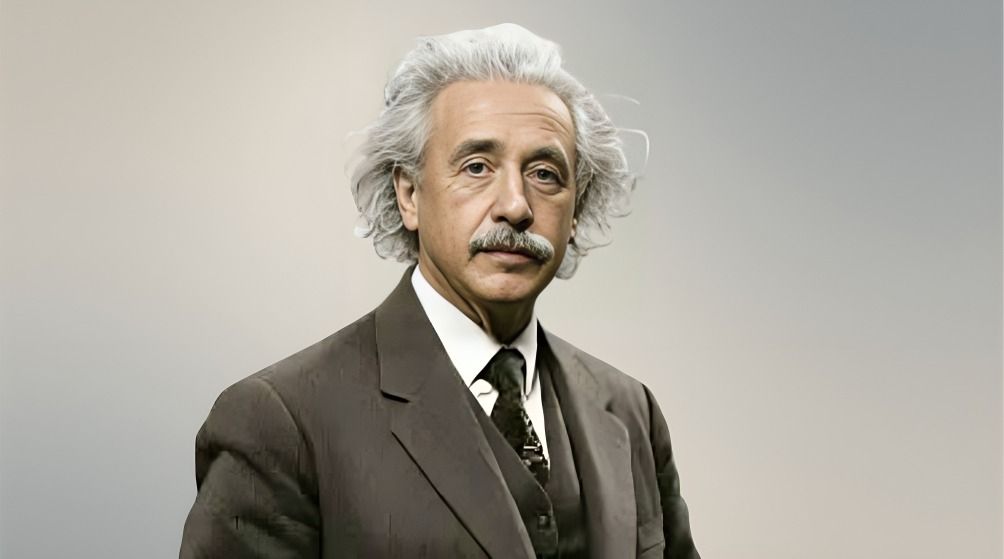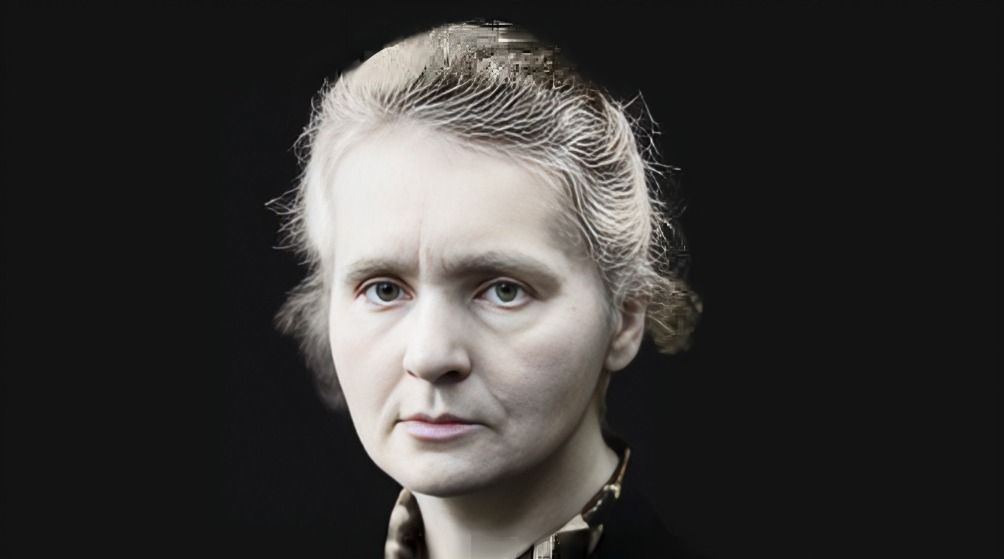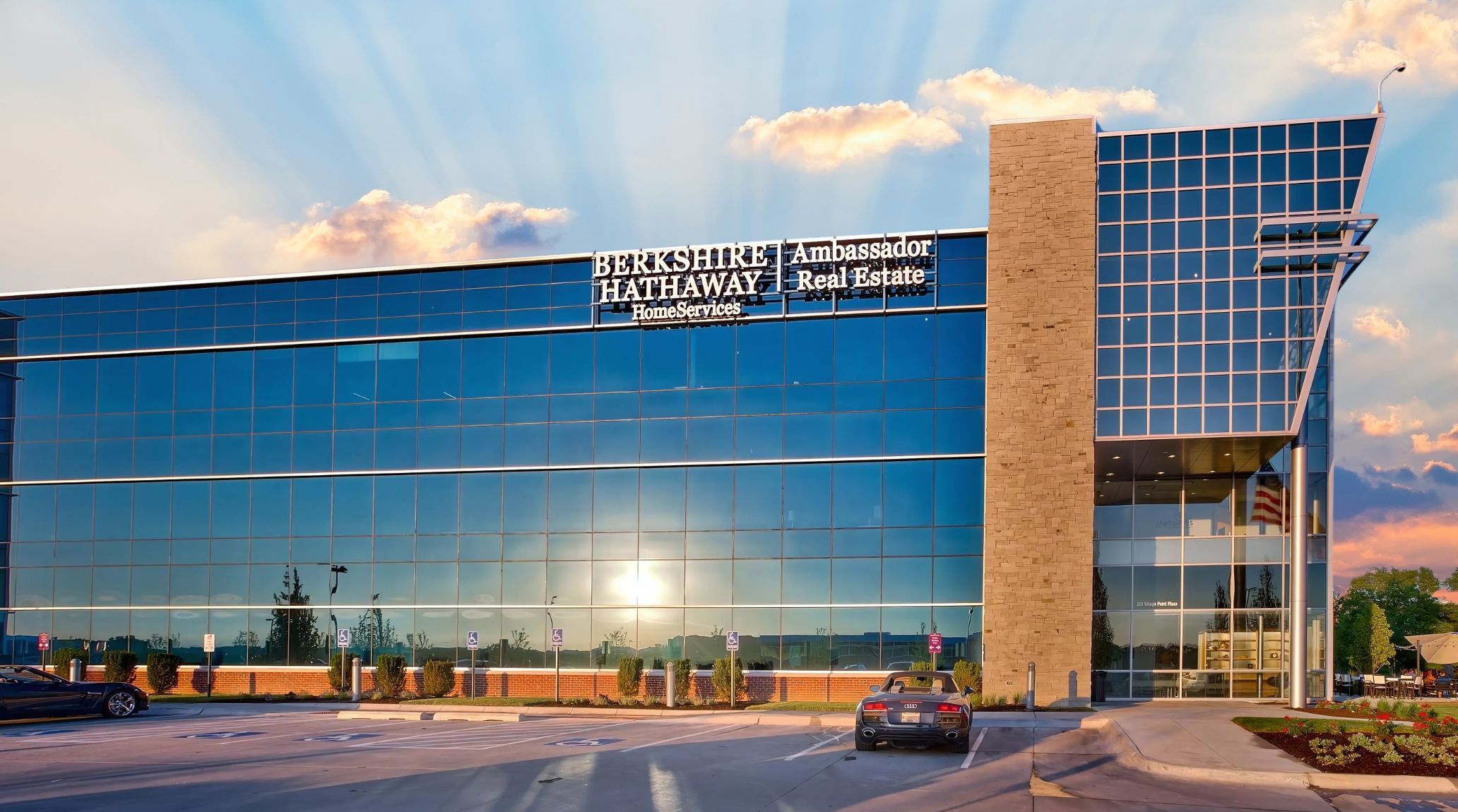
“
Berkshire Hathaway, led by Warren Buffett, has become a symbol of successful investment strategies. The company’s approach emphasizes long-term value, diversified portfolios, and disciplined decision-making. With a focus on smart acquisitions, it has grown into one of the world’s most influential financial institutions.1
”
Berkshire Hathaway began as a textile manufacturing company in 1839 before Warren Buffett took control in 1965, transforming it into a global investment conglomerate valued at hundreds of billions. 1
Greg Abel manages most of Berkshire Hathaway's investments and is Buffett's successor. Buffett holds 38.4% of Class A voting shares, equating to a 15.1% overall economic stake in the company. 2
The company owns more than 60 subsidiaries across diverse industries, including insurance, utilities, railroads, and consumer goods, showcasing its extensive business diversification strategy. 3
Berkshire Hathaway has two stock classes: Class A, expensive, and Class B, more affordable. Class B is worth 1/1,500th of Class A. Buffett owns 248,734 Class A and 10,188 Class B shares. 4
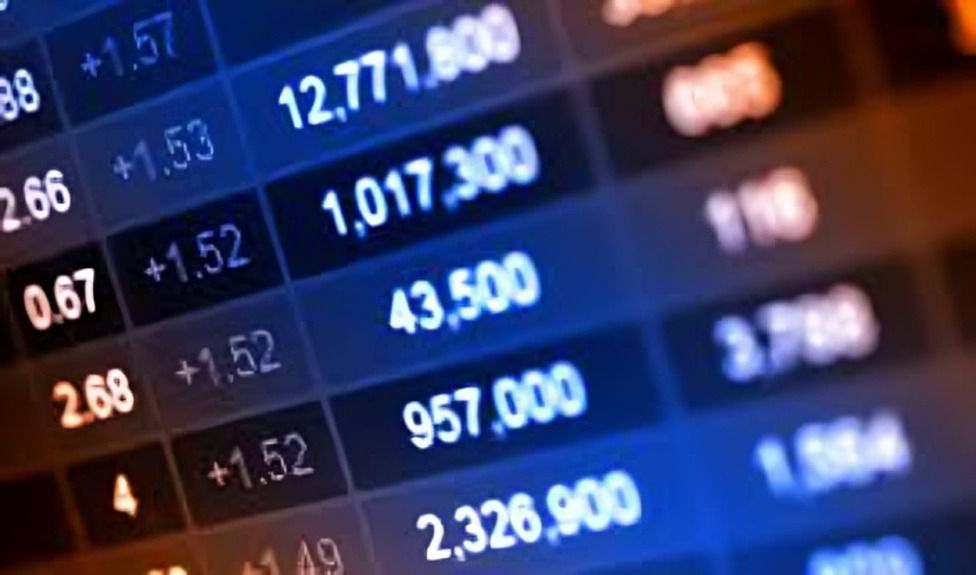
Berkshire Hathaway holds the title of the world's most expensive stock, largely because Warren Buffett avoided stock splits to discourage short-term trading and reduce market volatility, ensuring long-term investment stability.
Buffett started investing in Wells Fargo in 1989 but sold all shares by early 2022. Despite a close relationship with Jeff Bezos, he declined investing in Amazon in 1994 due to uncertainty.5
The company’s portfolio includes major stakes in blue-chip companies like Coca-Cola, Apple, and American Express, showcasing Buffett’s value investing philosophy. 6
Berkshire Hathaway Energy, its energy subsidiary, focuses on renewable investments, including wind and solar projects, highlighting sustainability efforts within its diverse holdings. 7
Berkshire Hathaway traces its origins 174 years back to Valley Falls Company, which merged with Berkshire Cotton in 1929, later combining with Hathaway Manufacturing in 1955 to form the current company. 8
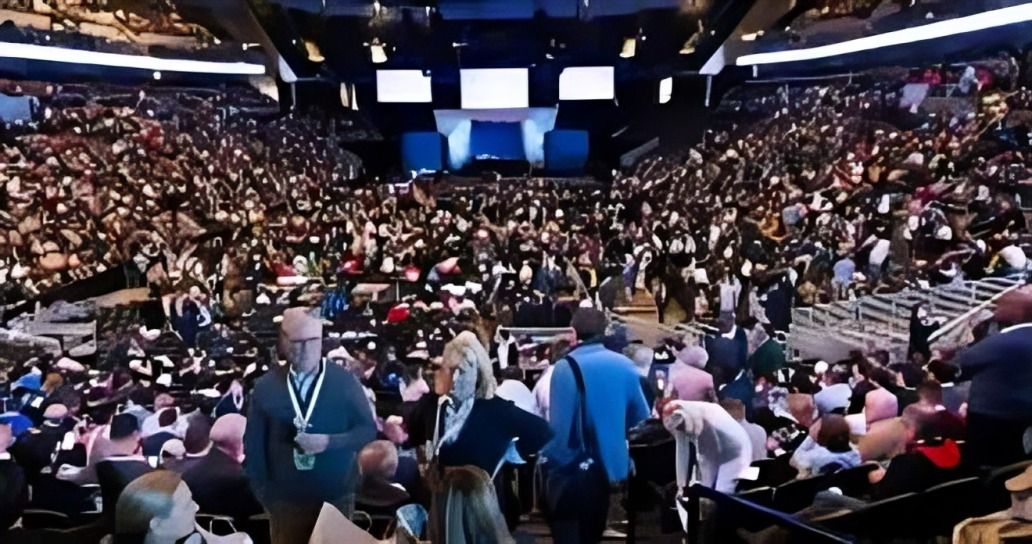
The "Woodstock for Capitalists" refers to Berkshire Hathaway's annual shareholder meeting, drawing large crowds of capitalism and investment enthusiasts, similar to how the original Woodstock attracted music lovers.
At last year's annual meeting, Berkshire shareholders bought 1,062 pairs of Justin Boots, 12,792 pounds of See's candy, 11,162 Quikut knives, and 6,344 pairs of Wells Lamont gloves—Buffett's idea of happiness.9
Berkshire’s decentralized management model empowers subsidiary CEOs with significant autonomy, promoting entrepreneurship and efficient decision-making across the organization.10
By mid-last year, Berkshire's MidAmerican Energy owned 2,285 megawatts of energy capacity from 1,267 wind turbines, making it the top U.S. rate-regulated entity in wind-powered energy generation. 11
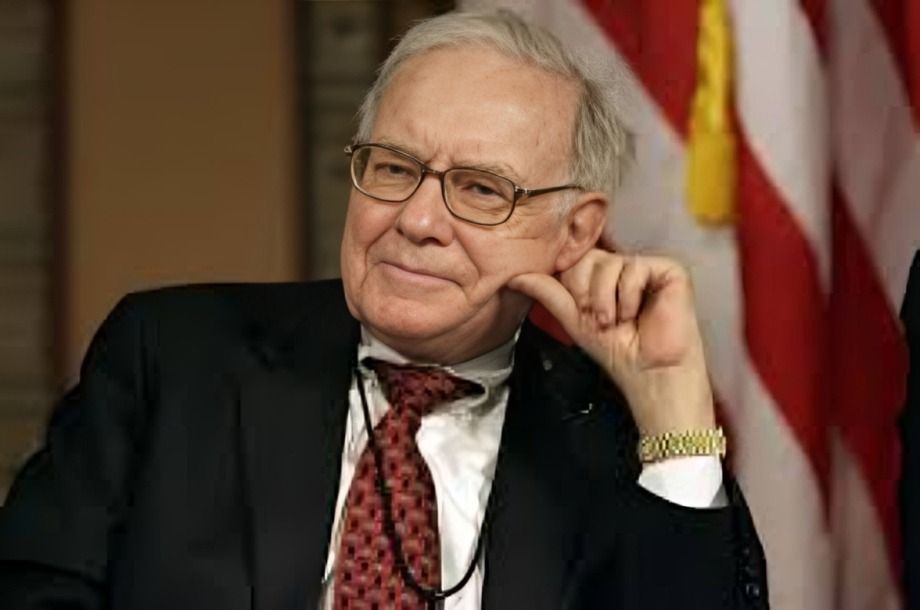
Buffett owns nearly 14.5% of American Express through Berkshire but advises young people to avoid credit cards, stating, "If I borrowed money at 18 or 20 percent, I'd be broke."
After buying Berkshire Hathaway in 1964, Buffett fired the CEO when the company offered a lower share buyback price than agreed. Instead of selling, he purchased a controlling share and dismissed the CEO. 12
Since 2006, Buffett has donated approximately $43 billion to the Gates Foundation, supporting its global efforts in health, education, and poverty alleviation. 13
Berkshire Hathaway receives dividends from many companies but pays none to its shareholders. Under Buffett, the only payout occurred in 1967, at just $0.10 per share. 14
During financial crises, Berkshire lent $3 billion to Swiss Re, $5 billion to Bank of America, and others, profiting significantly. The Goldman Sachs deal eventually made Berkshire one of its top 10 shareholders. 15
Buffett holds 98% of his $70.2 billion net worth in Berkshire Hathaway stock and plans to donate it to the Gates Foundation, inspiring over 120 wealthy individuals to pledge similar philanthropic efforts. 16
Buffett’s success comes from a hands-off, decentralized management style, trusting subsidiary managers and investors, treating them as partners, which leads to consistent, extraordinary results for Berkshire Hathaway. 17

